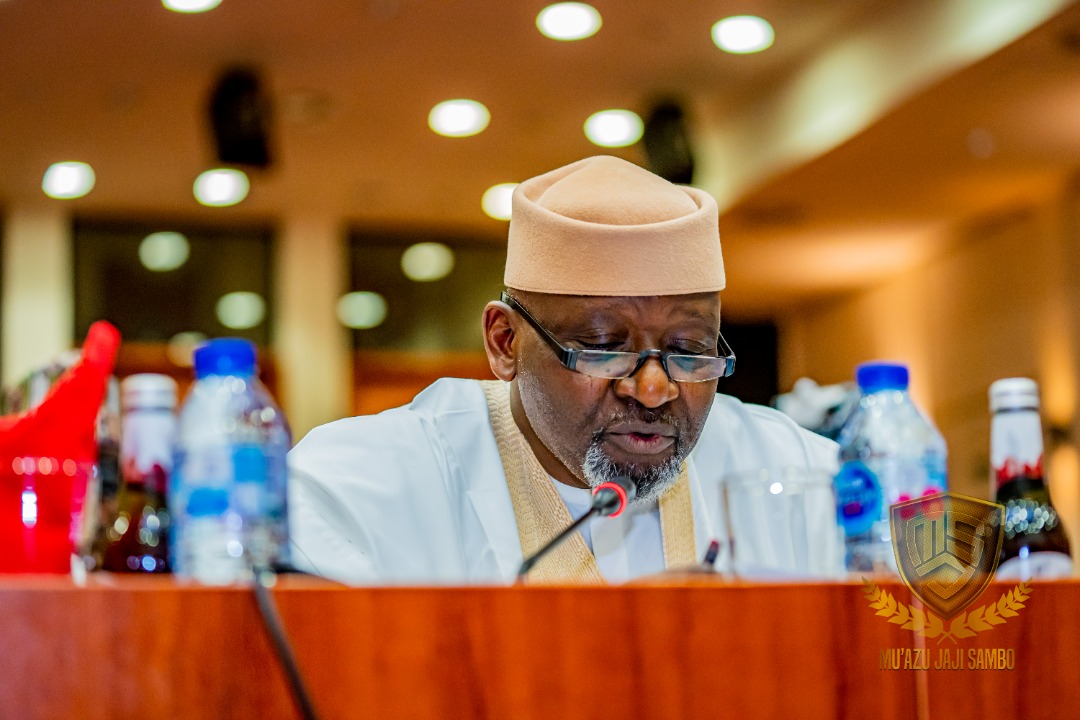The Federal Executive Council on Wednesday approved the installation of Electronic Cargo Tracking Notes for ports nationwide.
The Minister of Transportation, Mu’azu Sambo, disclosed this while briefing State House Correspondents after the Federal Executive Council meeting presided over by the President Muhammadu Buhari, at the Aso Rock Villa, Abuja.
Sambo said this would tackle several challenges such as under-declaration, concealment and wrong classification of cargo, and provide transparency in cargo invoicing.
He said the scheme would plug revenue leakages and is expected to generate between $90 million to $235 million annually for the government.
According to Minister, the project would be co-implemented by a consortium of five Belgian companies and four indigenous logistics firms in a concession that will last 15 years.
The revenue sharing formula will be a 60-40 per cent, with the government at the center taking the lion share.
The Public-Private Partnership, Sambo added, would track oil exports and reduce oil theft that has cost the government millions of dollars.
He said: “Council considered our submission and approved our submission to put in place for Nigeria as it is in 26 other African countries, an Electronic Cargo Tracking Note Scheme in order to among other things take care of under declaration at Ports, secure our imports and exports and provide transparency in cargo invoicing and declarations.”
He added that, “The implementation of the scheme will abate the problems of under declaration, concealment and wrong classification of cargo, which are the primary causes of revenue leakages, insecurity and general security issues at the borders.
“The deployment and implementation of this state of the art ECT scheme will ensure the elimination of loopholes on border operations and boost the revenue of the Nigerian government in form of duties, Port charges and levies.
“It is expected that this scheme will generate revenues to the Nigerian government ranging from about $90 million per annum to a peak of about $235 million per annum,” he said.

































































